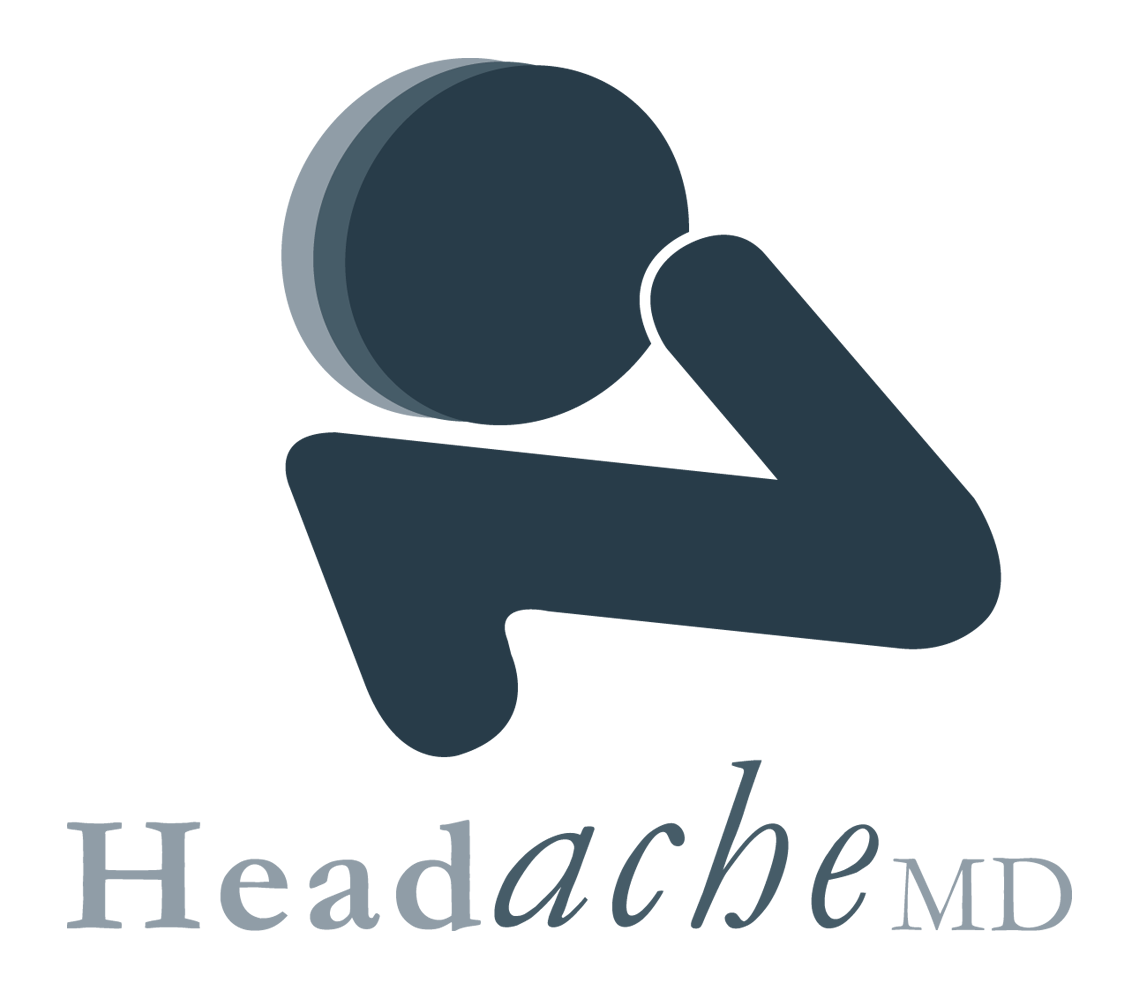\Many types of headaches like migraines are triggered by the food consumed immediately before or several hours before the first signs of attack. Said headache attacks are usually caused by over-activity in the head’s arteries that are, in turn, caused by highly fluctuating blood glucose levels in susceptible individuals. Fortunately, there are several ways to avoid headaches in relation to the food consumed.
Identify Your Triggers
It is easy to make the connection between skipping meals and suffering from headaches, a topic discussed in the next paragraphs. But when the headache starts almost immediately after meals, pinpointing which food caused the attack can be challenging, to say the least.
Experts suggest setting aside time for an experiment in identifying your food triggers by following these steps:
- Make a food diary. Mark what you have eaten on the day and the day before your headache starts so that you can spot the connections between your diet and your headaches.
- Isolate a time for eating a possible food trigger, wait for your body’s reaction, and then record it in your food diary. Repeat the process to determine if the adverse reaction (i.e., headache) happens on more than one occasion.
The trial and error process can take a few weeks to a few months before the food triggers can be identified but the time, effort and perhaps money spent on it is well worth the benefits.
The most common food triggers in headaches are:
- Artificial sweeteners like aspartame
- Food with yeast, yeast extracts and meat tenderizers
- Caffeine
- Chocolate and cocoa
- Nuts
- Alcoholic beverages including beer, red wine and sherry
- Culture dairy products like buttermilk and sour cream
- Meats including organ meats that have been aged, canned or cured
- Dried fruits
- Breads, crackers and pizza with cheese
- Smoked or dried fish
- Canned soups and fishes like sardines
When you have yet to identify your food triggers but you continue to suffer from headaches, your best course of action is to seek medical assistance. Your doctor can prescribe medications to relieve food-induced headaches.
Hold the Cheese
Cheese deserves special mention among the food triggers for headaches because most sufferers point to it as their common denominator. This is because aged cheese contains high levels of tyramine, a substance that researchers have discovered closely connected with migraines in susceptible individuals.
Cheeses like blue cheeses, brie, cheddar, feta, parmesan, mozzarella and Swiss cheese are the common triggers for headaches. Other foods with high tyramine content and, thus, must be avoided or lessened in consumption are pickles, onions and olives.
Doctors concede that avoiding all of the abovementioned food triggers can be difficult considering that these are common ingredients. Their suggestion: Ask your doctor about preventive medication before eating these food triggers.
Hold the Cold Treats, Too
The so-called brain freeze caused by eating ice cream, slurpees and shakes, among other cold food and beverages, can also trigger migraines. The brain freeze attack, which can last for 5 minutes in ordinary individuals, can become a full-fledged migraine attack in susceptible individuals.
Eat Your Meals
Despite the abundance of food triggers, it is never a good idea to skip meals either. Keep in mind that anything affecting or disrupting the body’s normal stability can result in headaches and skipping meals is one of the surest ways to do so.
